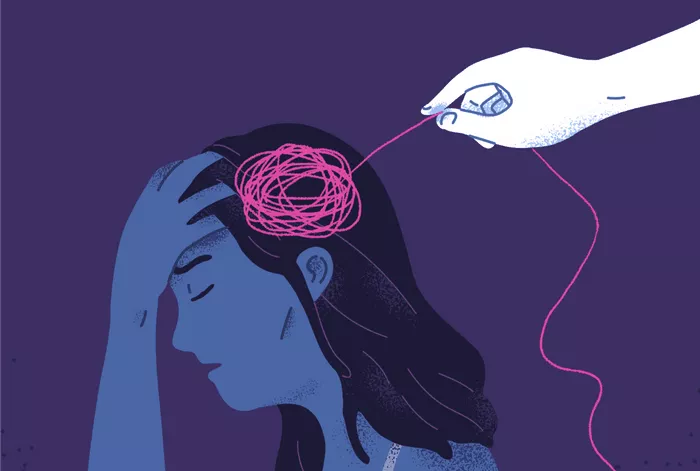FAQs
What is the most successful treatment for OCD?
The most successful treatment for OCD is a combination of cognitive-behavioral therapy (CBT), particularly exposure and response prevention (ERP), and medication. This combined approach has shown the highest efficacy in managing symptoms and improving quality of life for individuals with OCD.
What is the gold standard medication for OCD?
The gold standard medication for OCD is selective serotonin reuptake inhibitors (SSRIs), particularly fluoxetine (Prozac), fluvoxamine (Luvox), and sertraline (Zoloft). SSRIs are typically the first-line pharmacological treatment for OCD due to their effectiveness in reducing obsessive-compulsive symptoms.
What medication has the least side effects for OCD?
Selective serotonin reuptake inhibitors (SSRIs) are generally well-tolerated and have fewer side effects compared to other medications used to treat OCD. Among SSRIs, sertraline (Zoloft) is often considered to have relatively fewer side effects, making it a preferred choice for some individuals with OCD.
Related topics:
- 6 Tips for ADHD Medication For Adults With Bipolar
- Can Being An Empath Cause Depression?
- Exploring the World of Psychology: A Comprehensive Guide


